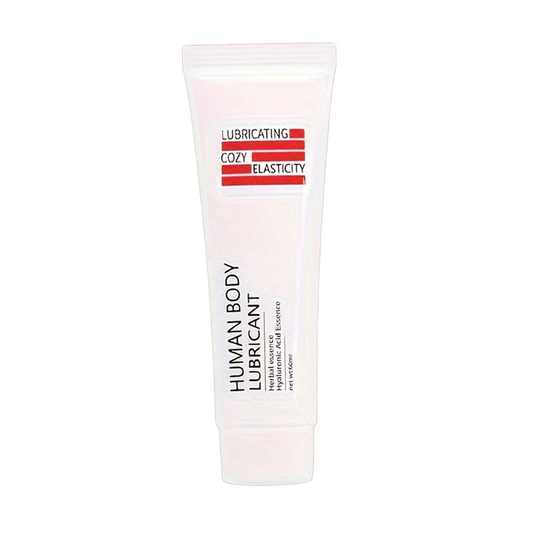Introduction
Trying to conceive while on letrozole? Your diet can play a surprising role in how effective your fertility treatment will be. Letrozole helps trigger ovulation, but certain foods may reduce its effectiveness or cause unwanted side effects. Knowing what to avoid while taking letrozole for fertility can improve your chances of a healthy pregnancy.
For targeted symptom relief, explore our internal guide on the EjaGuard Delay Spray designed to support comfort during intimacy.

Understanding Letrozole for Fertility

Letrozole is a medication often prescribed to women with PCOS or irregular ovulation to help stimulate ovulation. It works by lowering estrogen levels, which encourages the body to release hormones that trigger egg release. Many women have found success using letrozole, but lifestyle factors, including diet, can influence how well it works.
Learn more about ovulation support and reproductive wellness in our EjaGuard Delay Spray product page.
Why Diet Matters While Taking Letrozole

Your body’s hormonal balance is sensitive to what you eat. High-fat and high-sugar foods may interfere with hormone levels, while alcohol and certain fruits like grapefruit can affect how your body processes letrozole. Being mindful of your diet can help maximize the effectiveness of your treatment.
You may also find helpful nutrition tips in our EjaGuard blog on managing hormonal balance while on medication.
Foods to Avoid While Taking Letrozole for Fertility

Making smart dietary choices is key. Here are foods to avoid while taking letrozole for fertility:
High-Fat Processed Foods
Trans fats and processed meats may increase inflammation, negatively affecting hormonal balance and egg quality. Avoid fast food, packaged snacks, fried foods, and excessive red meat while on letrozole.
Alcohol
Alcohol can disrupt hormone levels and may interfere with letrozole metabolism in the liver. It can also reduce your overall fertility and impact your chances of successful conception.
Grapefruit
Grapefruit and grapefruit juice can interfere with liver enzymes responsible for breaking down letrozole, potentially leading to higher levels in your bloodstream and increasing the risk of side effects.
High-Sugar Foods
Sugary drinks, candies, and pastries can cause blood sugar spikes, leading to hormonal imbalances that may reduce the effectiveness of letrozole. Opt for whole fruits with fiber instead to manage your sugar intake naturally.
What You Can Eat While on Letrozole
Focus on a fertility-friendly diet while taking letrozole:
-
Leafy greens and colorful vegetables
-
Lean protein sources like chicken, fish, and legumes
-
Whole grains for steady energy
-
Healthy fats like avocado, nuts, and olive oil
-
Plenty of water to stay hydrated
These foods support hormone balance, maintain stable blood sugar levels, and aid in healthy egg development.
Additional Lifestyle Tips for Supporting Letrozole Effectiveness

Along with avoiding certain foods, consider:
-
Maintaining a healthy weight
-
Engaging in light exercise
-
Managing stress with meditation or journaling
-
Getting adequate sleep
These lifestyle habits can complement your fertility treatment, making letrozole more effective.
Conclusion and Takeaways
What you eat matters during fertility treatments. By avoiding high-fat processed foods, alcohol, grapefruit, and high-sugar foods while taking letrozole for fertility, you support your body’s natural hormone balance and treatment effectiveness. Pair these dietary changes with a fertility-friendly lifestyle for your best chance at conception.
FAQs
What should I avoid while taking letrozole for fertility? Avoid alcohol, grapefruit, high-fat processed foods, and sugary snacks to support letrozole effectiveness and reduce side effects.
Can diet affect how letrozole works for fertility? Yes, diet can impact hormone levels and the body’s ability to process letrozole, influencing its effectiveness during fertility treatments.
What should I eat while on letrozole to increase fertility success? Focus on a diet rich in vegetables, lean proteins, whole grains, and healthy fats while staying hydrated to support ovulation and hormone health.
 Buy Now
Buy Now






